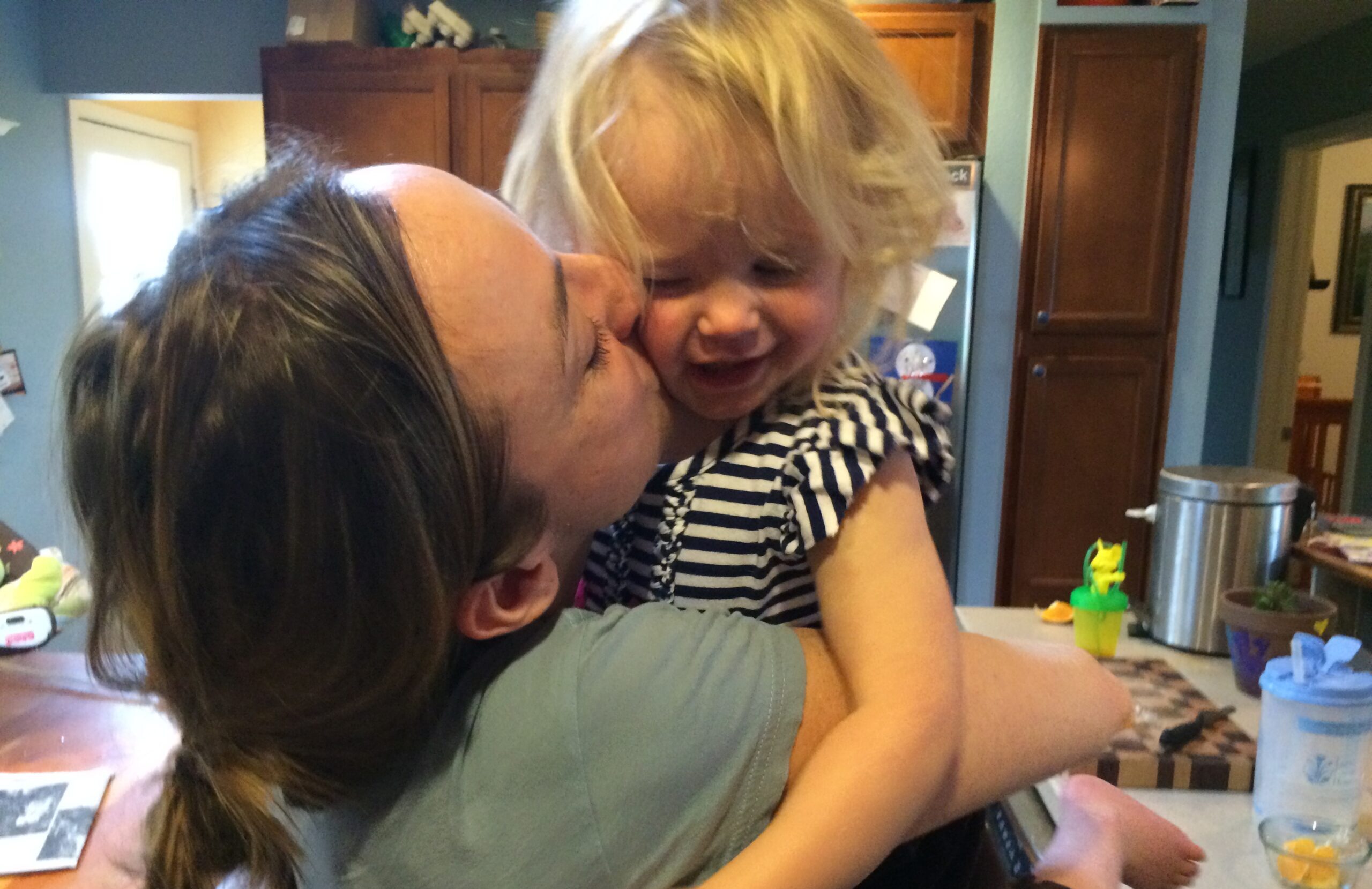ON TWEENS, GIRLHOOD, and BARBIE
Entering into social media life means that I know more about the Barbie Oscar nomination kerfuffle than I might in another year. I’ve seen Oppenheimer—and yes, I have opinions. But the Barbie craze only became real to me over the Christmas break, when my beloved 10-year-old niece* Ruthie and I sat together watching the movie.

Truth is, I wasn’t watching Barbie so much as watching Ruthie.
Reader, you should know Ruthie.
She’s in fifth grade now, and she’s been the love of my life since she was born. Aside from inspiring three poems in It Will Have Been So Beautiful, Ruthie’s life influences every poem about childhood — as in, 90% of the book. I don’t have kids, but I’ve been a girl. Seeing her on the cusp of her tweens is bittersweet.
At 10, Ruthie is almost as tall as I am. Though long and lanky, she can wear my sweaters. This delights me, as I love clothing and style and sharing it with her.
We went on our first shopping trip together for Christmas. She danced for the mirror in a dress we’d chosen together, sparkly and knit, way too long in the sleeves, and decidedly not machine-washable.
Though I can’t take the credit, she has also begun to write poetry herself. She had a great teacher last year, which also warms my soul since I’ve been teaching most of my life.
My most recent poems have taken an explicitly feminist turn, and for months I’ve been thinking about “hot girl walks,” “girl dinner,” “girl boss,” “girl math,” and the recent “girl-ification” of words. What does adding “girl” signify?
“There has always been a difference between the performance of girlhood and the reality of it, between the selling of girl culture and the actual experience of being a girl. But something about today’s mélange — girls finding empowerment in a movie about a retrograde doll while the success of that movie makes the corporation behind the doll makers (even) richer, girl dinners touted as subversive on the same social media platforms making so many girls sick — feels particularly convoluted.”
– Jessica Bennett, “The Joy of Communal Girlhood, the Anguish of Teen Girls,” The New York Times
So when a movie about living dolls proves a cultural phenomenon, I think of Ruthie.
I had Barbies growing up. I haven’t bought into the movie as revolutionary or empowering. Whatever it may say about modern womanhood, I learned what I should look like from that perky-boobed, permanently high-heeled, vapid-looking blond piece of plastic, and found myself lacking. My body didn’t measure up–or, in the case of her waist, measure down.
“If Barbie were an actual women, she would be 5’9″ tall, have a 39″ bust, an 18″ waist, 33″ hips and a size 3 shoe. She likely would not menstruate… she’d have to walk on all fours due to her proportions.”
– Galia Slayen, “The Scary Reality of a Real-Life Barbie Doll,” The Huffington Post
I have read the thoughts about its retrogressive third-wave feminism and lip service to women of color. These are vital critiques. I’m also deeply suspicious of how Barbie got made. No matter how subversive Greta Gerwig can be, any Warner Bros movie made with Mattel’s approval is absolutely about selling plastic.
But, Ruthie.
Ruthie is a joyful, empathic, and spirited girl who has love for anyone in her orbit. Barbie hasn’t surpassed the weird high school cheerleader-zombie mashup series she’s been raving about. It’s no Moana in terms of how many times she has seen it. Still, she is a fan.
As much of an aspiring girl-boss as she may be, Ruthie still has to watch my mother succumb to Alzheimer’s. She has nightmares about climate change. Decisions about her future and body are limited as long as Dobbs is the law of the land.
She’s almost a Swiftie, though still a bit young. She’s beautiful but just self-conscious enough not to be a mean girl. And she is still largely unaware of what the world does to girls, whether they are beautiful or not.
So, Barbie may be fluff, and there’s so much wrong with the Oscars that I don’t want to even start. But whatever the movie’s flaws, I say let my girl enjoy the cotton candy fabulousness. She needs to be a kid who has fun things. She needs to worry less.
And frankly, she needs to hear she can subvert the patriarchy, and she needs to hear it now.
AUTHOR’S NOTES:
* Ruthie’s mother is my cousin, so it’s a shortcut to call Ruthie my niece, but she’s so much more to me than “cousin” or even “god-daughter” implies.
